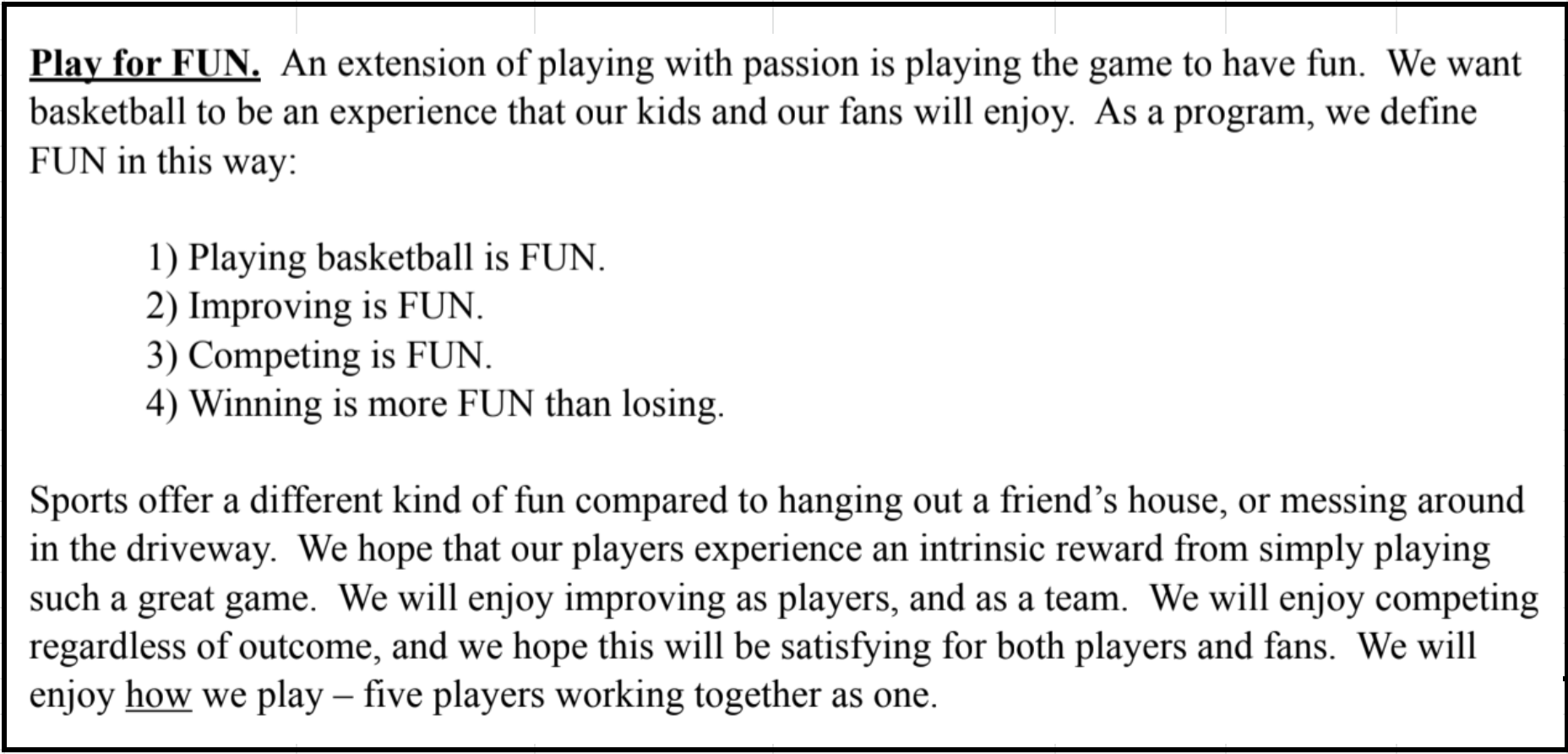In 2011, former NBA All-Star Mark Jackson was hired to change the fortunes of the Golden State Warriors. Jackson inherited a team that had made the playoffs just once in the previous 17 seasons. Jackson immediately brought an err of confidence to the team, and despite a step back in Year One (23-43), the Warriors adopted his swagger. They won 47 games in 2013-2014, and 51 the following year.
And then Jackson was fired.
In his place, the Warriors hired another former NBA player. With no prior coaching experience, Steve Kerr assumed the helm in 2015 tasked with guiding a talented roster to the next level. Kerr quickly recognized that his players lacked one key ingredient that seemed to keep them from reaching their potential.
Joy.
Erik Malinowski, author of Betaball: How Silicon Valley and Science Built One of the Greatest Basketball Teams in History, describes Kerr's approach this way.
"Above all, he wanted his players to channel their passion for the game, remembering that basketball, above all else, was supposed to be fun."
Andre Iguodala remembers that Kerr's first instructions were simple and straightforward.
"Andre, I want you to come in and work every day, and have fun. You guys love the game. I know you want to have fun, so go do it."
The Warriors took off under Kerr's leadership, reaching the NBA Finals in his first four seasons winning three championships. Kerr made other changes to the program, but it's instructive that he started by asking players to return to their love for the game.
As coaches, we often implore our athletes to "go out there and have fun," but do we have any idea what that means? It's worth considering,
How exactly do people have fun around here?
We posed this question to our team last week using the story of the Warriors to start a conversation about what it means to play with joy. We began by watching
this video and asked, "How
do the Warriors
have fun?"
We discussed how they play with freedom and share the ball. We talked about how they celebrate each other and use occasional hijinx to create a fun environment. After a few more observations, we turned our attention to our team.
What's fun about being us?
This was an important conversation on a number of levels. First, we wanted our players to appreciate the experience they've created for each other. They truly enjoy being together in the locker room, in practice, and in games. Not every team has that type of chemistry, and we don't want to take it for granted.
Second, I am better equipped to bring us back to the things we enjoy when we need it most. Instead of directing them to "have fun", my reminders are more specific. I can help them remember what's fun about being us when we are at our best - we celebrate each other, we high five, we go out of our way to encourage each other, we connect off the court, etc.
Side Note - If you are coaching a team with chemistry issues, you might ask a variation of the same question such as
What does it feel like when we are at our best?
Talk about a time this season when we felt most together, and compare that to a time when we felt most divided. What did we do differently for each other?
When have you had the most fun being part of this team?
The purpose is to identify the behaviors that produce positive vibes. Once you have those identified, you can encourage and acknowledge those things when they happen to make the experience more fun for everyone.
Athletes don't always understand that having fun playing an organized sport is different from hanging out in the basement playing Mario Kart (or whatever it is kids do these days). We explain this explicitly in our player manual:
At the end of the day, your players will perform better if they are having fun. Starting a conversation about what that means to your team might change your fortunes as well.
Food for thought.
Nate Sanderson
TOC Mentor and Co-Host of the Coaching Culture Podcast
NSanderson@ThriveOnChallenge.com
Twitter @CoachNSanderson
Join Our Weekly Newsletter
The most practical insights on leadership and culture...
- 3 Minute Weekly Tools & Tips
- Notes to the Coaching Culture Podcast
- FREE Chapter of The Culture System
We hate SPAM. We will never sell your information, for any reason.



